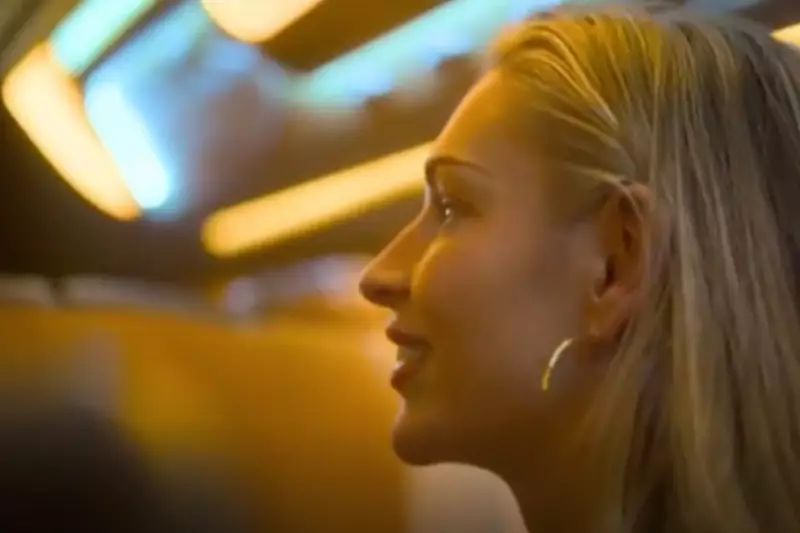
BBC Three and reality star Zara McDermott are at the centre of a firestorm following the release of a documentary on Thailand's notorious party scene, with critics branding the project 'exploitative', 'unethical', and a stark example of 'poverty tourism'.
The film, titled 'Zara McDermott: Inside the Real Ibiza Uncovered', has drawn intense scrutiny for its approach, which allegedly involved filming vulnerable local sex workers and drug users without adequate safeguards or consideration for their wellbeing.
Public Outcry and Ethical Concerns
Viewers and critics alike have flooded social media with condemnation, accusing the production of putting its subjects at serious risk of legal repercussions, including arrest. Many expressed outrage that the crew, protected by their foreign status, could film and leave, while the Thai locals featured could face severe punishment under the country's strict laws.
One particularly shocking moment highlighted by audiences showed a member of the production team allegedly encouraging a local to confirm on camera that they sold drugs. This has been singled out as a deeply irresponsible act that could have devastating real-world consequences for the individual involved.
A Reputation Under Fire
For Zara McDermott, a former Love Island contestant and documentary presenter, this controversy marks a significant blow. Her previous work for the BBC on revenge porn and disordered eating was widely praised for its sensitive handling of difficult subjects.
This project, however, appears to have severely missed the mark. Critics argue it prioritises sensationalism over substance, using the plight of marginalised communities as mere backdrop for entertainment. The documentary has been described as a 'car crash' that fundamentally misunderstands its responsibility towards its subjects.
The BBC has yet to issue a formal statement addressing the specific ethical concerns raised by the public and media commentators. The growing backlash signals a demand for greater accountability and ethical rigour in documentary filmmaking, particularly when filming vulnerable populations in foreign countries.





